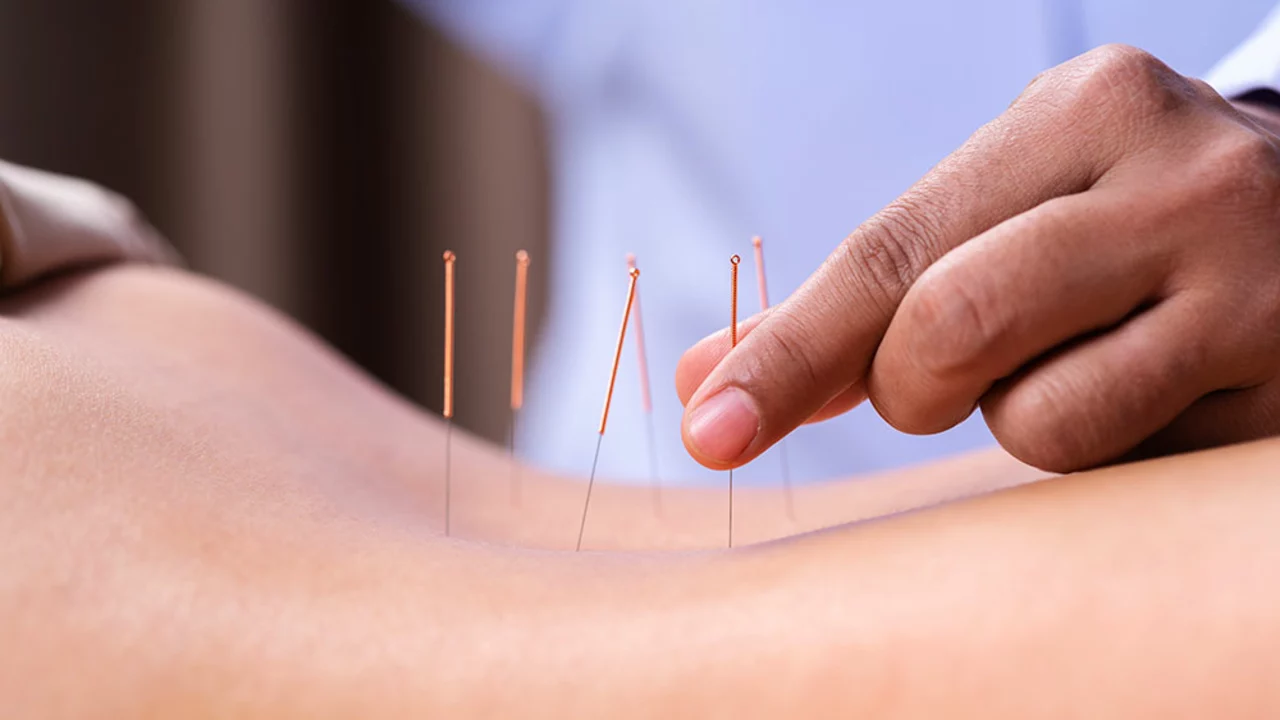Emphysema: What It Feels Like and How to Live Better
Emphysema damages the tiny air sacs in your lungs, so air gets trapped and breathing becomes harder. Early on you might only notice breathlessness when walking uphill or carrying groceries. Over time even small tasks—dressing, showering—can leave you breathless. That's why simple changes and the right care matter.
What causes emphysema and how it’s diagnosed
The main cause is long-term cigarette smoking. Other causes include long exposure to dust, fumes, or chemicals at work and a genetic condition called alpha-1 antitrypsin deficiency. Doctors usually confirm emphysema with a breathing test called spirometry and sometimes a CT scan. A physical exam and your history—especially smoking history—help the doctor decide the next steps.
Treatment options that actually help
Quitting smoking is the single most effective step. If you stop early, you slow the damage and improve symptoms. Bronchodilator inhalers (rescue and long-acting types) open airways and ease shortness of breath. Some people benefit from inhaled steroids to reduce flare-ups. For advanced disease, supplemental oxygen can improve daily life and sleep. Pulmonary rehab—supervised exercise, breathing training, and education—often makes the biggest practical difference in function and confidence.
Vaccines matter: get your annual flu shot and a pneumococcal vaccine as your clinician advises. These shots reduce the risk of infections that can trigger dangerous flare-ups. Also, ask about medications that thin mucus or help clear infections promptly when needed.
Small daily habits add up. Practice pursed-lip breathing: inhale slowly through your nose, then exhale through pursed lips for twice as long. That simple trick reduces air trapping and feels calming during panic. Stay active—short, regular walks or light strength exercises help your muscles use oxygen more efficiently and reduce breathlessness. Keep your home smoke-free, avoid strong fumes, and check local air quality on bad-air days. Wear a mask in dusty environments or around strong chemicals.
Nutrition and weight matter. Being underweight or overweight makes breathing harder. Aim for balanced meals, enough protein to keep muscle, and small, frequent meals if big meals make breathing worse. If you struggle with appetite or weight, talk to a dietitian who knows lung disease.
Know the warning signs of a flare-up: sudden worse breathlessness, increased cough, more sputum or a change in its color, fever, or confusion. Don’t wait—call your healthcare team. Early treatment with antibiotics or steroids can prevent hospital stays. Make a simple action plan with your clinician: what to do at home, when to call, and when to go to the ER.
Living with emphysema is a day-by-day effort, but many people keep active and enjoy life with the right support. Stop smoking, use treatments as prescribed, keep moving, and stay on top of infections. Small, steady steps bring noticeable improvements in breathing and quality of life.
The Benefits of Acupuncture for Emphysema Symptom Management
In my recent exploration of alternative therapies, I've discovered that acupuncture can provide significant relief for those suffering from emphysema. By focusing on specific points, this ancient Chinese practice can help reduce breathlessness and improve overall lung function. It's also been found to boost energy levels and enhance the immune system, which is crucial for emphysema patients. What's more, acupuncture can help manage anxiety and depression often associated with chronic diseases. It's a holistic approach that can be a beneficial addition to conventional emphysema treatments.
read more